Inside a Bestselling Syrian Cookbook From the 13th Century
Food & Wine

This 13th centure cookbook of Syrian recipes shows us the opulent upper limits of the cuisine from those who cooked and ate it—chefs developing recipes, explorers discovering ingredients, the wealthy elite who demanded luxury and ingenuity.


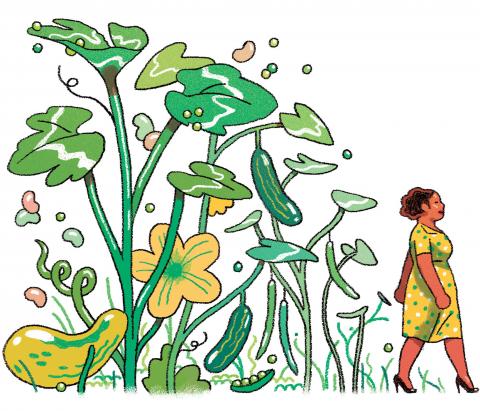
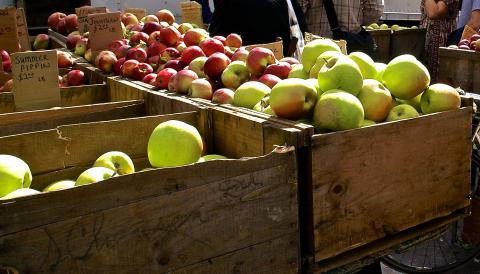
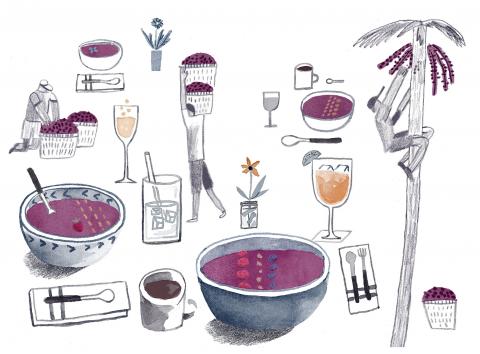

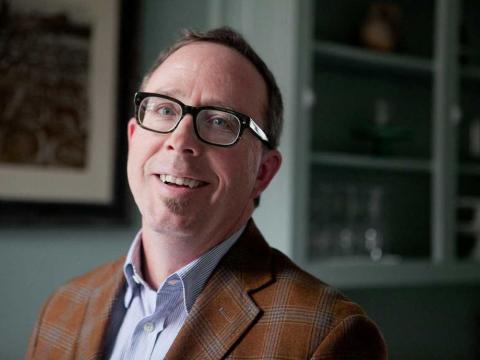
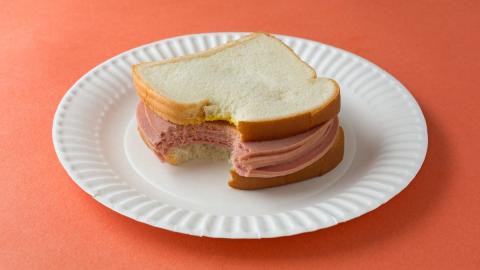

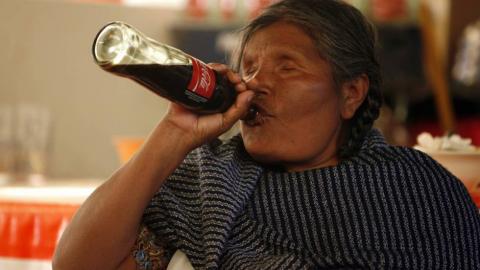
Spread the word